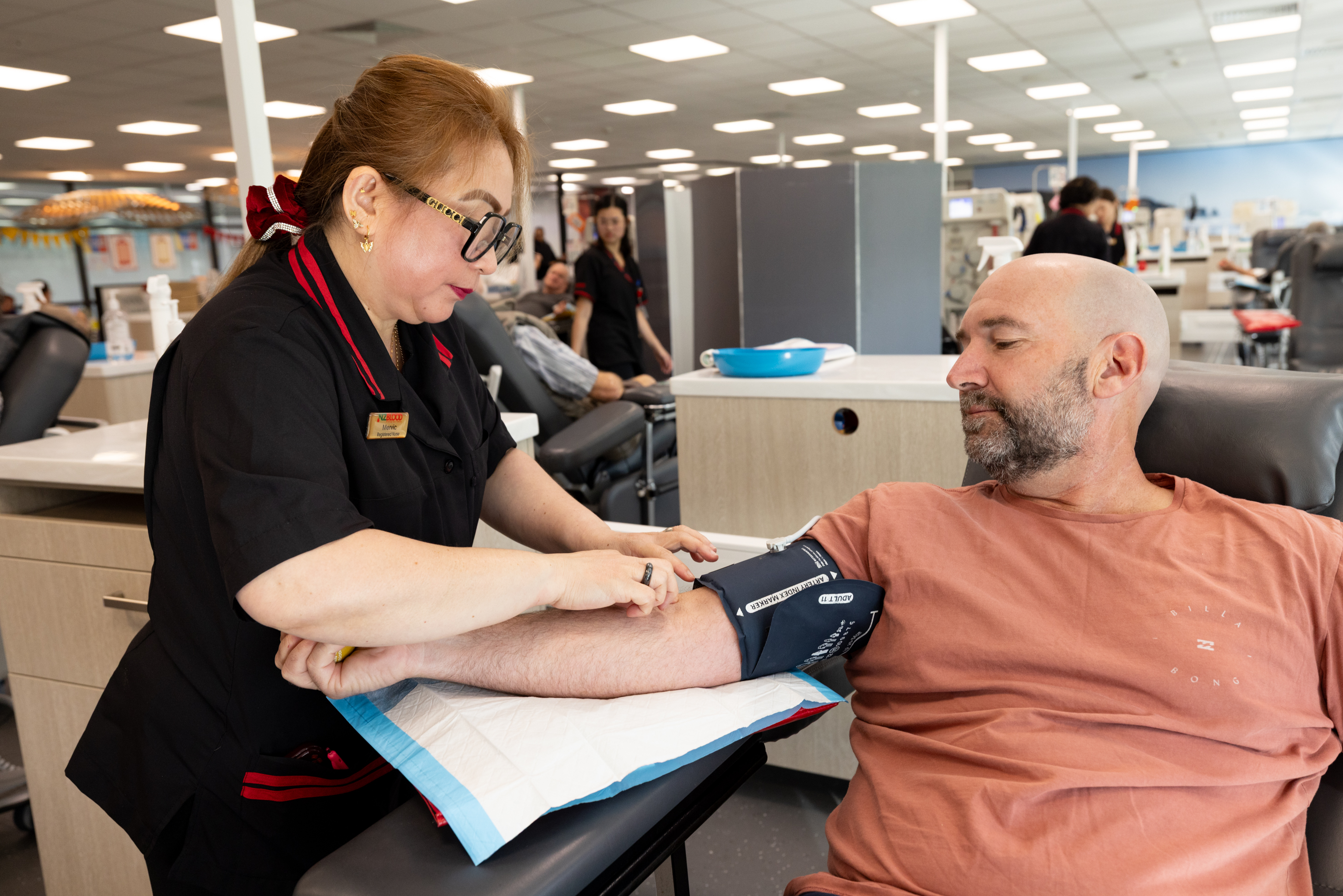News
Northern Rescue and New Zealand Blood Service use battlefield insights to take partnership to new heights
Northern Rescue Helicopter Limited, the operator of the Auckland Westpac Rescue Helicopter, and New Zealand Blood Service (NZBS) have launched a groundbreaking new trial, aiming to advance pre-hospital trauma care for some of Auckland, Northland and the Coromandel’s most critically injured patients.
The Study of Whole Blood in Frontline Trauma (SWiFT) Aotearoa trial, builds on similar international trials in the United Kingdom and Canada.
NZBS Transfusion Medicine Specialist Richard Charlewood, says the New Zealand SWiFT trial, like those in the UK and Canada, will follow the learnings of military combat medicine, where the use of platelet rich whole blood transfusions has improved health outcomes for soldiers with severe trauma and blood loss.
“We often look to the military for lessons in emergency care. The unpredictable conditions they work in can push boundaries and lead to breakthroughs that have the ability to transform how civilian medical professionals respond in situations where every second counts.”
The SWiFT Aotearoa trial will determine whether the inclusion of platelets in pre-hospital transfusion allows for earlier control of bleeding, potentially reducing the number of transfusions needed after arrival at the hospital and improving the probability of survival and recovery for patients.
The randomised controlled trial will investigate the feasibility of making and delivering platelet-rich O-negative whole blood compared to the current O-negative whole blood carried by Northern Rescue for pre-hospital transfusion.
Whole blood, like most blood components in New Zealand, has white cells removed, because they are not wanted and can cause reactions, but this process also removes the platelets. The platelet-rich whole blood is made using a new, more sophisticated filter that is able to remove the white cells while leaving most of the platelets.
This trial aims to collect data on if platelet-rich whole blood might the be more effective for patients with life-threatening bleeding due to trauma. Platelets aid with blood clotting to stop bleeding and studies suggest that the earlier bleeding is brought under control, the better it is for the patient.
“Both standard of care and whole blood are complete blood products, meaning there is no operational change during the trial period,” says Charlewood.
Northern Rescue Deputy Medical Director Alana Harper describes the SWiFT Aotearoa trial as “the next disruptive innovation in pre-hospital advanced resuscitation.”

“Patient care is at the heart of what we do, and we welcome the opportunity to implement treatments and techniques that may improve the outcome for patients suffering from traumatic injuries.”
Data from the different international trials will be pooled for a meta-analysis, as each country faces unique challenges in pre-hospital transfusions. For New Zealand, the country’s geography, relatively sparse population and the distances between emergency scenes and hospitals present a particular challenge, as Northern Rescue responds to some of the country’s most remote and urgent rescue missions.
Harper is optimistic the trial has the potential to positively impact patient outcomes.
“Care in motion can be challenging; whole blood potentially offers a simplicity to providing care by removing the added logistics of hanging and moving multiple bags of blood products and enabling faster treatment during a time when every second counts.”
Northern Rescue takes its role as custodians of blood products seriously, with Harper acknowledging the fact every donation is a gift that has the potential to save a life.
“The longstanding partnership between Northern Rescue and NZBS has provided an opportunity to explore innovative new ways to approach emergency medical care.
"Thanks to the generosity of blood donors nationwide, in the decade since Northern Rescue became the first emergency service in Aotearoa to carry units of blood for pre-hospital transfusions, more than 300 units of blood have been used to provide the best possible care to around 200 patients.”
Both Harper and Charlewood are primary investigators in the SWiFT Aotearoa trial, which will run for a minimum of 18 months and include data from up to 60 patients requiring pre-hospital blood transfusion. Analysis of the outcomes will begin shortly there-after.
Published: 2025-08-15

